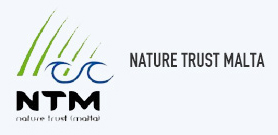WWF RECOMMENDATIONS
The 2015 EEA State of the Environment Report emphasizes that the key challenge in the coming decade will be to steer policy expectations for Blue Growth towards the EU policy visions of establishing a circular green economy and living well within the ecological limits of the sea.
WWF calls for this challenge to be addressed so that Mediterranean people fully benefit from the services provided by marine and coastal ecosystems in the future.









